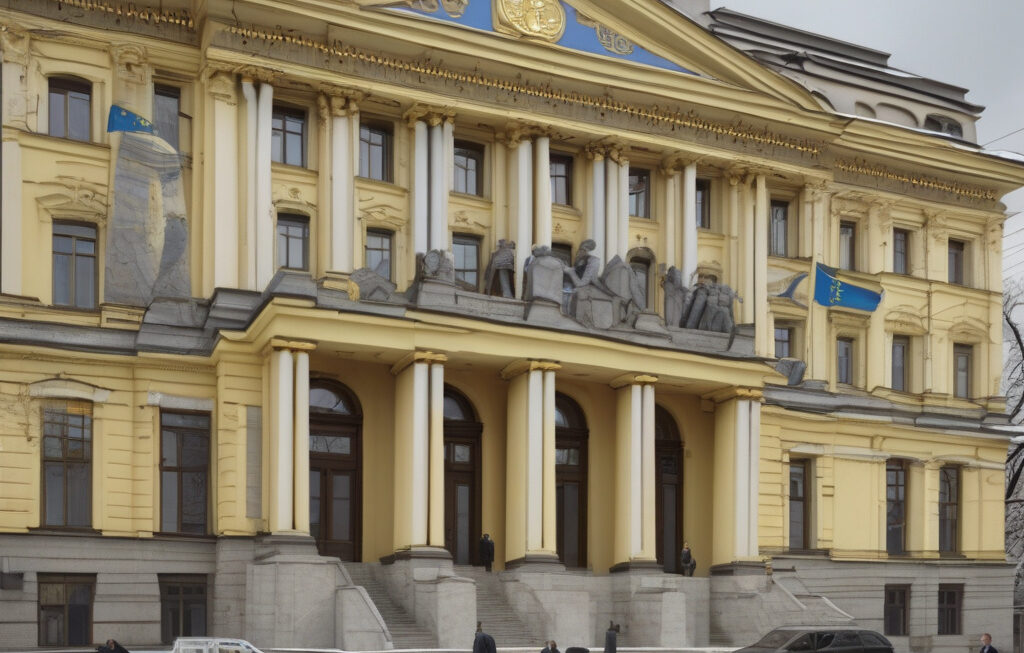Arizona Governor Vetoes Bitcoin Reserve Bill
Arizona Governor Katie Hobbs has once again made headlines in the cryptocurrency world with her recent veto of a Bitcoin reserve bill. This marks the third time that Hobbs has rejected crypto-related legislation, further solidifying her stance on digital assets within the state.
The proposed bill aimed to establish a Bitcoin reserve within the state treasury, a move that has sparked both excitement and controversy among Arizona lawmakers and residents. Supporters of the bill argued that integrating Bitcoin into the state’s financial infrastructure would not only diversify investment portfolios but also signal Arizona’s progressive stance on emerging technologies. However, opponents expressed concerns over the volatility and security risks associated with cryptocurrencies, highlighting the need for caution when incorporating such assets into government operations.
Hobbs’ decision to veto the Bitcoin reserve bill underscores her cautious approach to cryptocurrency integration within the state. This move aligns with her previous rejections of crypto-related proposals, including ones that sought to invest state funds directly into Bitcoin. By consistently prioritizing risk management and financial stability, Hobbs is sending a clear message that Arizona will not rush into adopting digital assets without thorough consideration of potential consequences.
The governor’s stance on Bitcoin and other cryptocurrencies reflects a broader trend among state leaders who are grappling with the regulatory and economic implications of the digital asset revolution. While some states, such as Wyoming and Miami, have embraced cryptocurrencies with open arms, others, like New York and now Arizona, are taking a more measured approach to their integration into traditional financial systems.
In light of Governor Hobbs’ latest veto, it is evident that the debate around Bitcoin and cryptocurrencies is far from over. As these digital assets continue to gain mainstream adoption and attention, policymakers at both the state and federal levels will face increasing pressure to develop clear and comprehensive regulatory frameworks that balance innovation with risk mitigation.
While Arizona’s Bitcoin reserve bill may have been vetoed for now, the conversation around the role of cryptocurrencies in the state’s financial future is far from settled. Whether future proposals will sway Governor Hobbs’ stance on digital assets remains to be seen, but one thing is certain – the intersection of cryptocurrency and government will continue to be a hotly debated topic in the ever-evolving landscape of finance and technology.
Arizona, Bitcoin, Governor Hobbs, Cryptocurrency, Regulation











